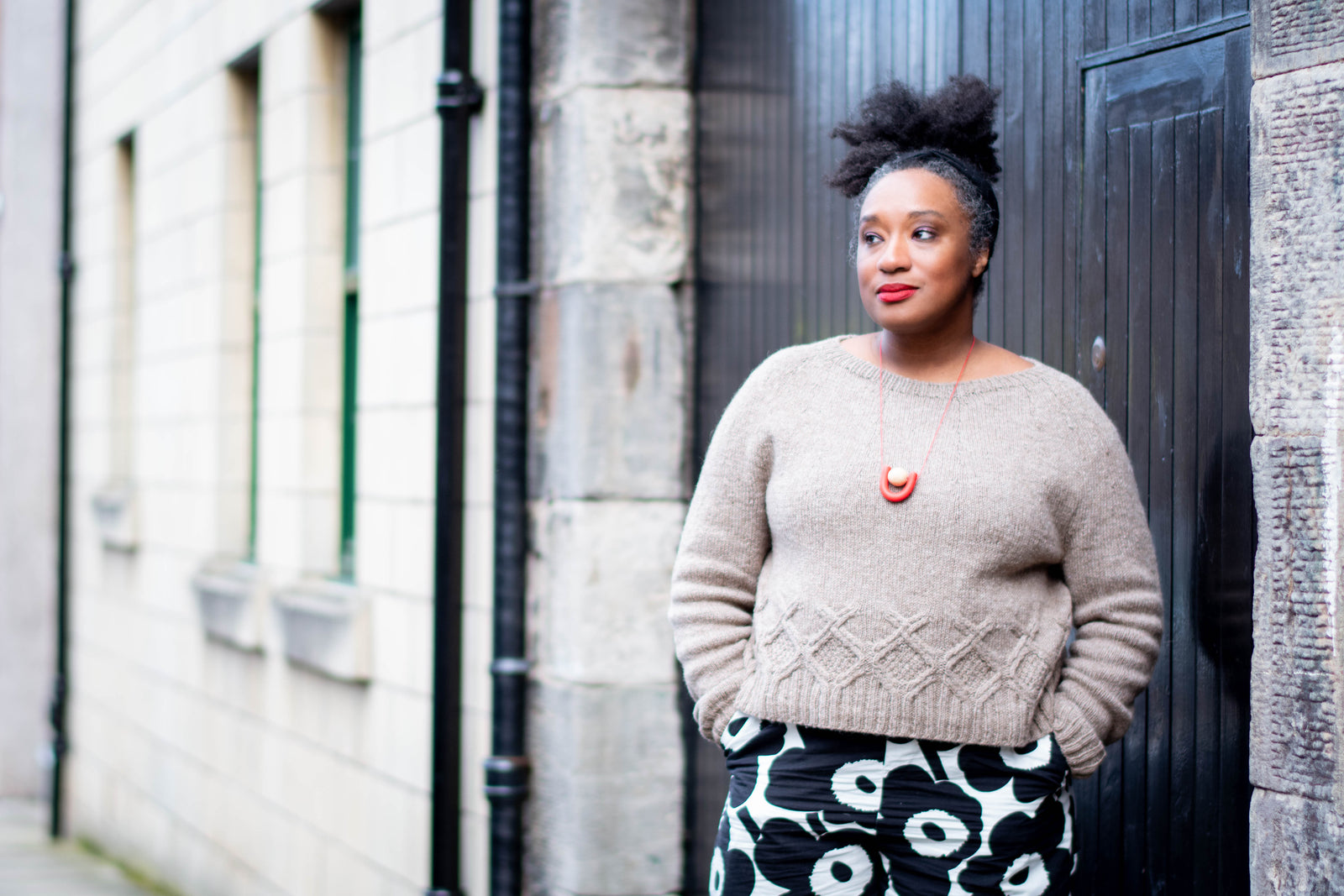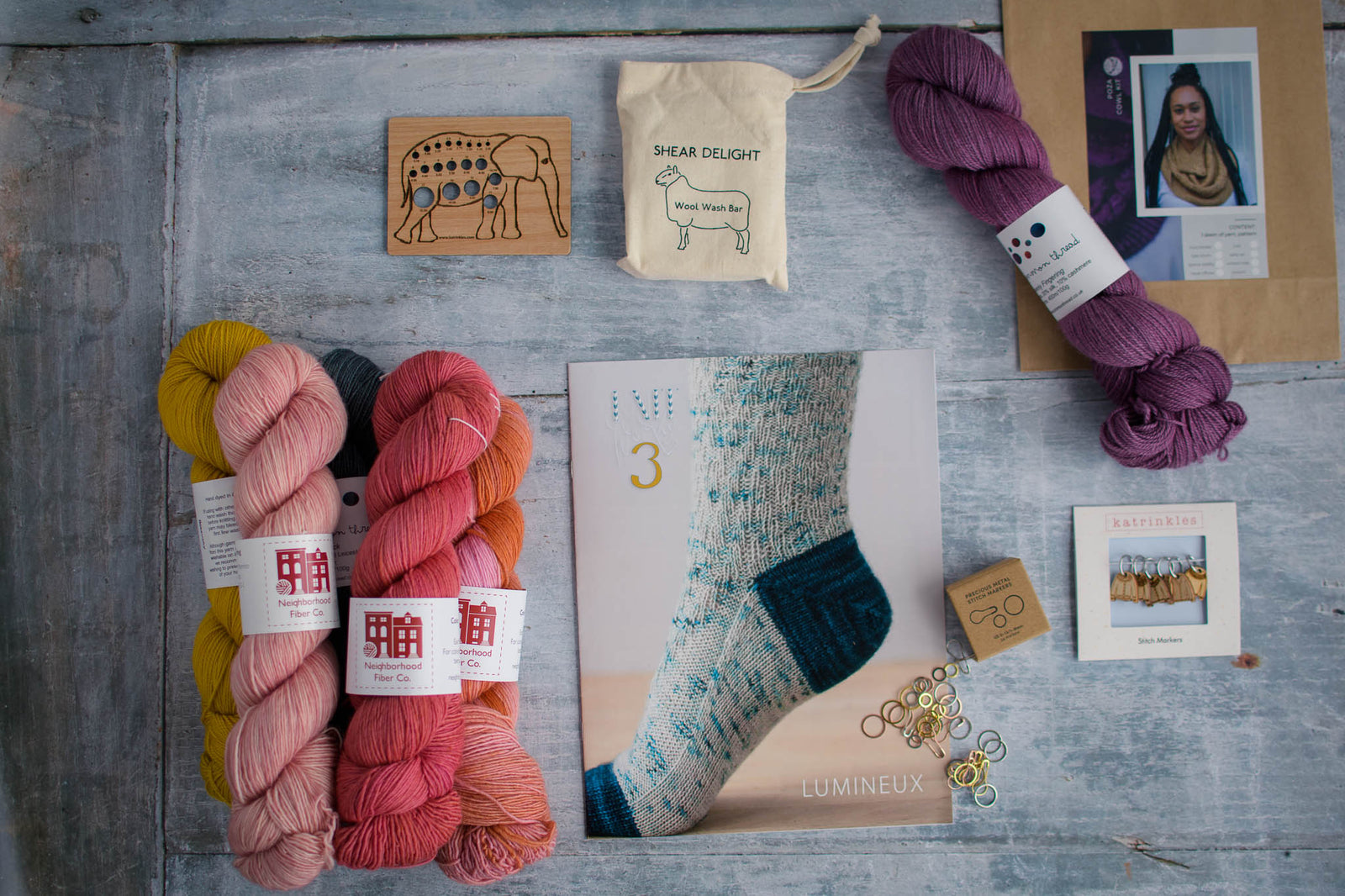Patterns
Kits
sundries
knitting tools, buttons and notions, project bags and other pleasing little things
knitting tools, buttons and notions, project bags and other pleasing little things
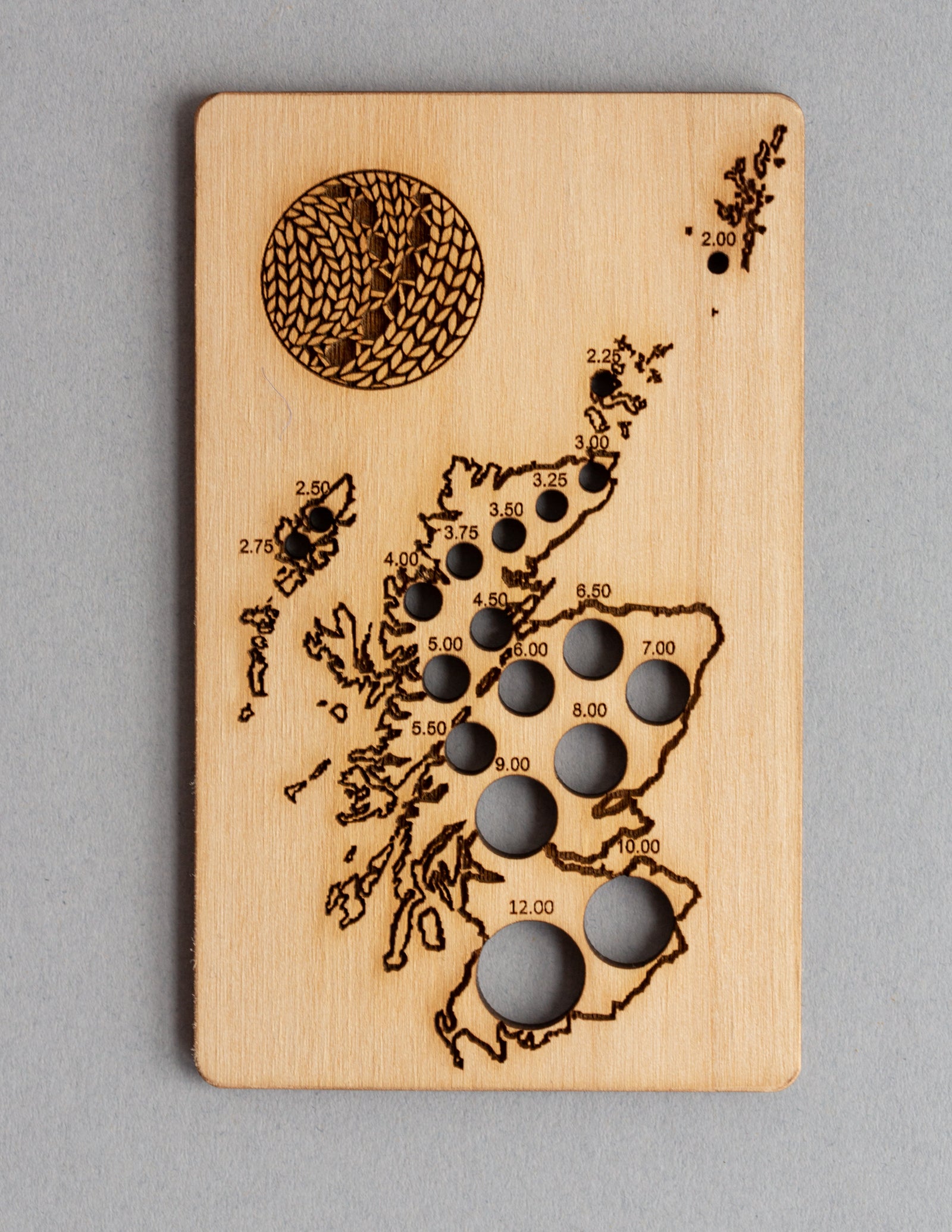
Exclusive Scotland needle gauge by Katrinkles
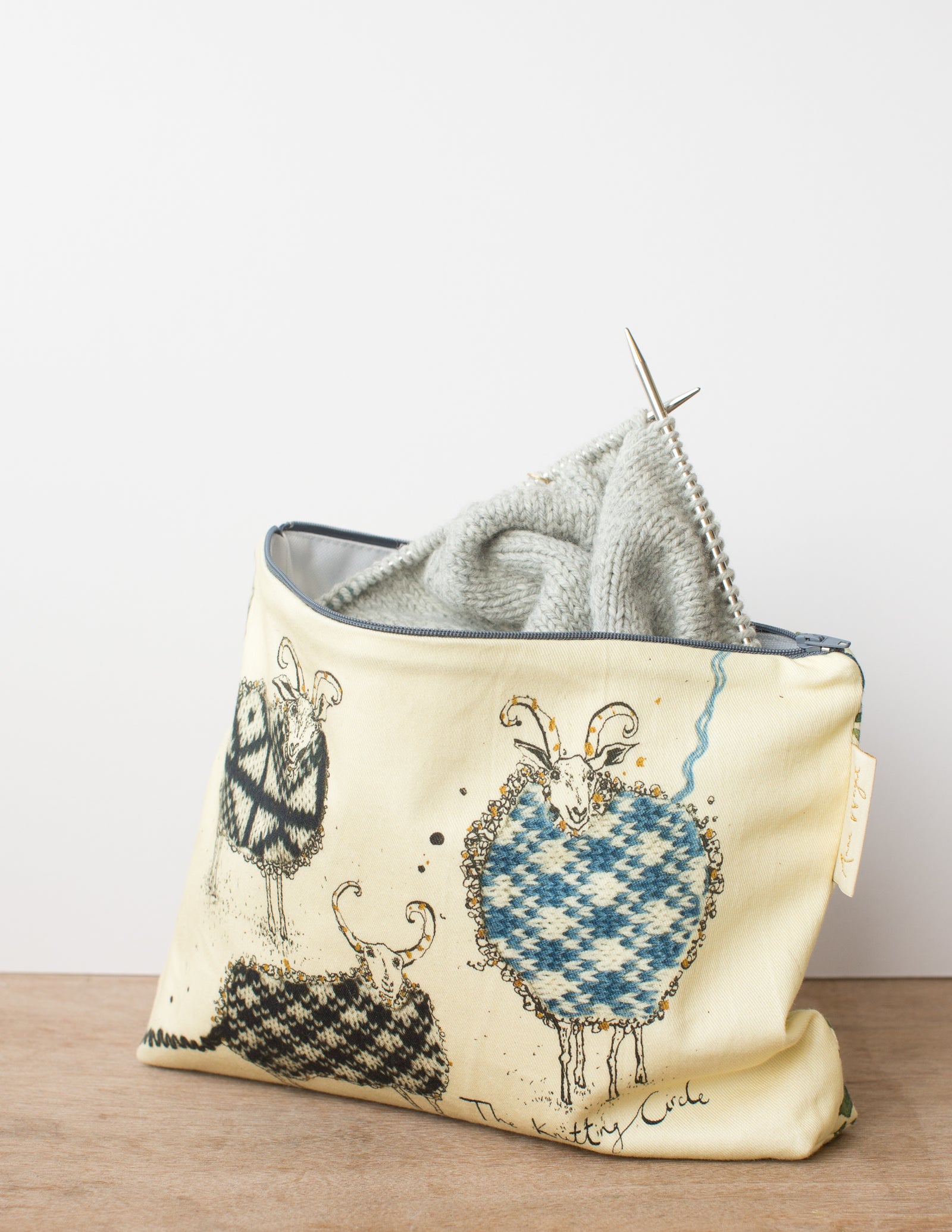
Zippered pouches in two sizes by our studio neighbour Anna Wright

keep small tools accessible with the Maker's Keep
gift 2019
Subscribe to our Colourwork Club for a gift that lasts well into the new year. Your recipient will receive a new colourwork kit in Janurary, February and March

Subscribe to our Colourwork Club for a gift that lasts well into the new year. Your recipient will receive a new colourwork kit in Janurary, February and March
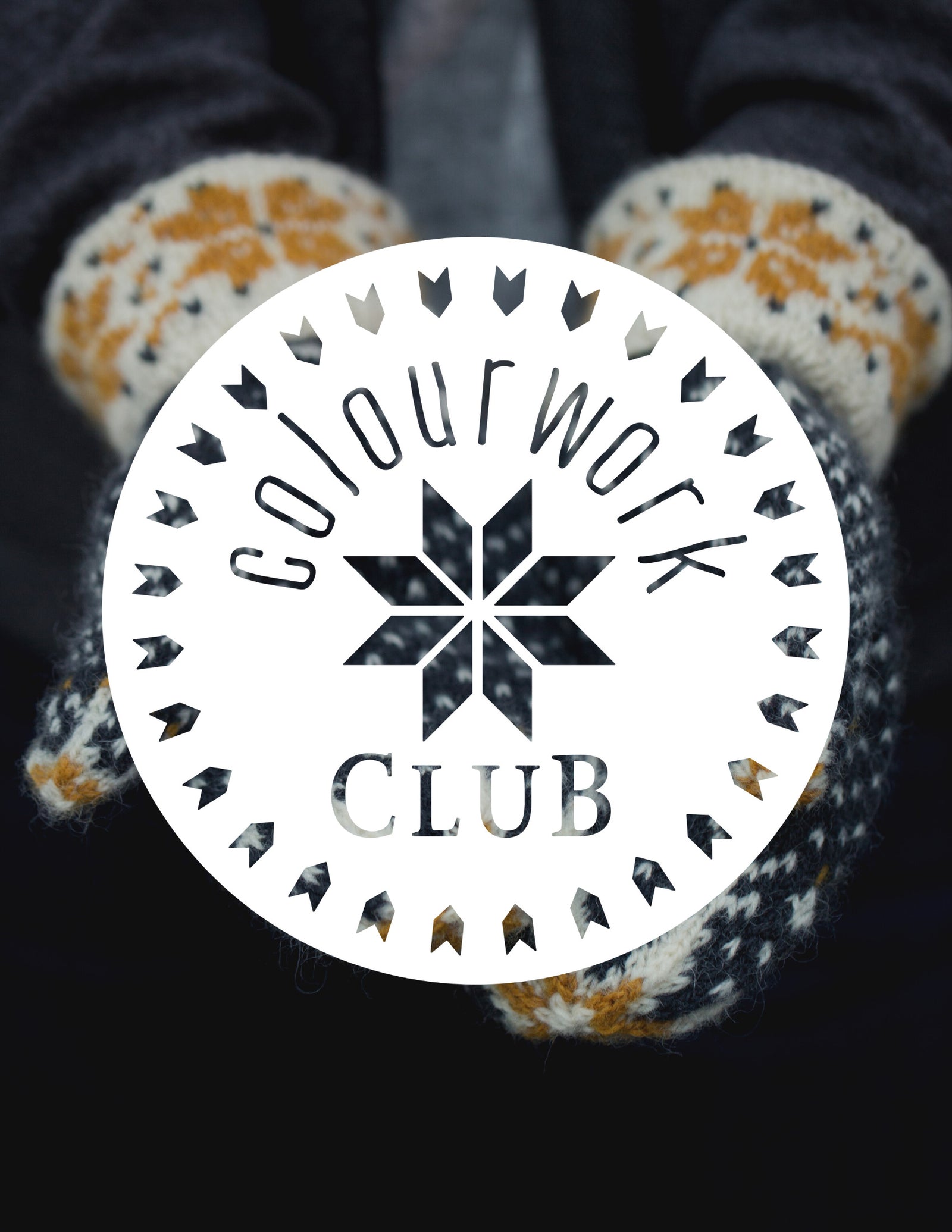

Last minute shopping? Gift cards are delivered electronically - forward the email or print it for your recipient. A range of amounts are available and gift cards don't expire.


Books in the Store: International Women's Day
March 09, 2020
Each month, as a team, we choose a theme to focus on while picking a selection of books to bring to your attention. With International Women’s Day taking place this month, it seemed time to celebrate books produced by women or about women. We have a particular fondness for women being given the space in which to truly shine, perhaps interviewed by a peer, photographed by a fellow woman of colour or in someway supported so that the depth and power of their voice can truly be expressed.

“The emerging global consensus is that despite some progress, real change has been agonizingly slow for the majority of women and girls in the world. Today, not a single country can claim to have achieved gender equality. Multiple obstacles remain unchanged in law and in culture. Women and girls continue to be undervalued; they work more and earn less and have fewer choices; and experience multiple forms of violence at home and in public spaces. Furthermore, there is a significant threat of rollback of hard-won feminist gains.” - UNWomen.org, 2020
The 2020 theme for International Women’s Day focuses on gender equality and UN Women has chosen to specifically focus on generational equality to explore the way in which equality has been fought and still needs to be addressed. As we look forward at work still be done, the question of what lessons can be drawn from those who have advocated and fought before us seems more and more important. Without the reflections of our elders, our actions will risk repeating and perpetuating the same issues.

So for this next theme, we have drawn together a selection of books that explore particular themes of rest, self care, finding our voice and finding purpose. We’ve included children's books and magazines, memoirs, and essay collections. You’ll notice some similar themes that found their way into our cross stitch selections too. If we are faced with the sense of a significant threat, how we prepare and care for ourselves and one another seems as vital in importance as the actions we must take that are often, more visible. As evidenced in Patrisse Khan-Cullors’ memoir, “When They Call You A Terrorist”, there are visible and powerful acts in every fight but these often sit within a support network and crucial self care that activists often need or risk complete burnout.

To be 100% clear, our definition of “women” includes all women and we find the co-opting of International Women’s day by transphobic hate groups to be abhorrent.
You can browse the books in their own collection, or keep an eye out on social media where we will be introducing a few of our favourites.
Also in Journal

Deep Shadow Heel Tutorial
September 25, 2025
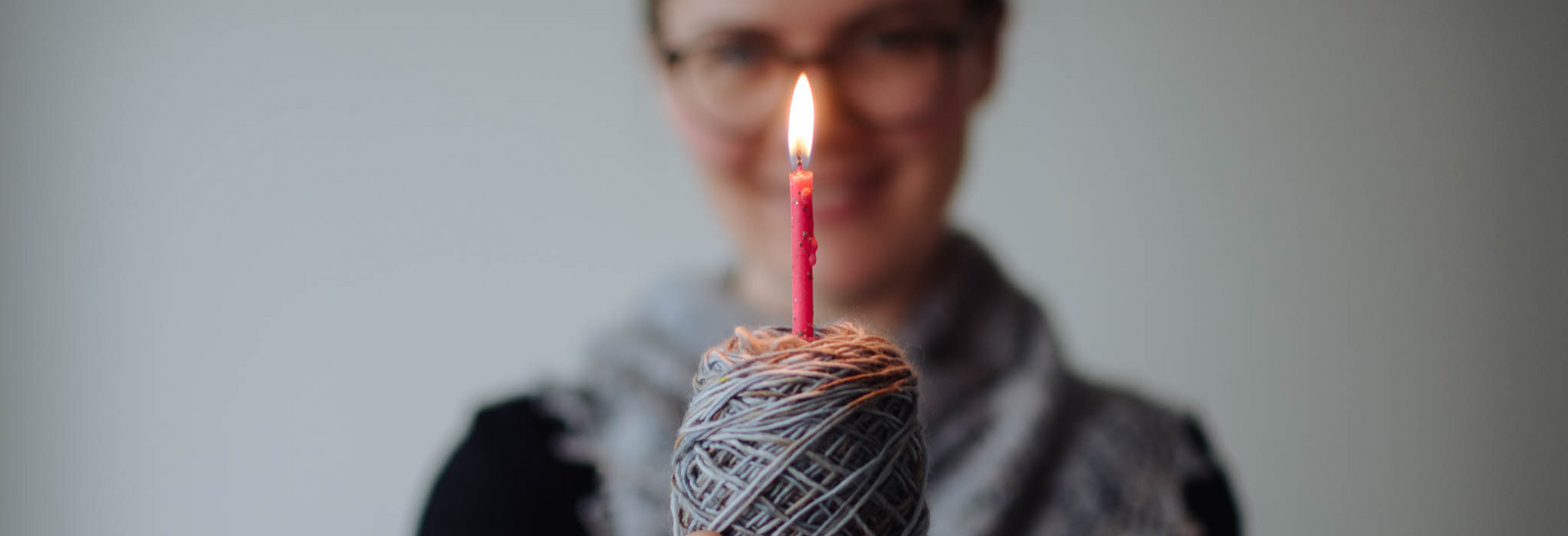
20 Years of Ysolda Knitting Patterns: Part 2
June 23, 2025
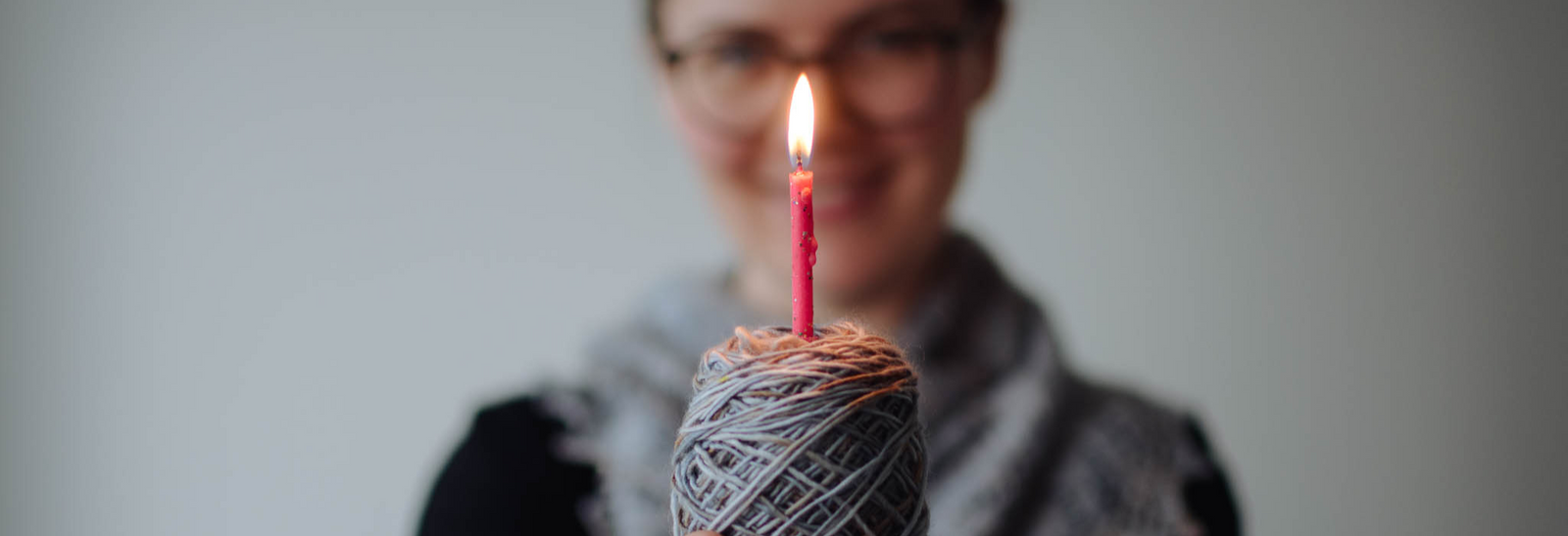
20 Years of Ysolda Knitting Patterns: Part 1
June 19, 2025
Recent Articles
-
Deep Shadow Heel Tutorial
September 25, 2025
-
20 Years of Ysolda Knitting Patterns: Part 2
June 23, 2025
-
20 Years of Ysolda Knitting Patterns: Part 1
June 19, 2025
-
Learn to Knit: Mattress Stitch
March 29, 2023
-
How to Knit a Scarf: A Beginners Guide to Scarf Knitting
March 23, 2023
-
Learn to knit: the long tail cast-on
February 03, 2022
-
How to Graft Your Knitting
December 09, 2021
-
Crochet Provisional Cast-on
December 02, 2021
-
Learn to knit: How to knit in the round with double pointed needles
November 25, 2021
-
Learn to knit: How to knit in the round using the magic loop technique
November 25, 2021
Free resources
-
KALS, step-by-step pattern guides and free patterns
Learn brioche with the free Daniel's Hat pattern
Tombreck - a free chevron beanie pattern
Working the brioche neck detail on the Polwarth sweater
Installing a zipper and ribbon, finishing wee Carson
Yarn colour ideas for Threipmuir sweater
Additional colourways for the Joy mitts (choose your pride flag)
How to join the shoulders on Wardie
How to join the pockets on Granton and Wardie
Finishing Resources for Granton
Broughton mittens tutorial part 1
Broughton mittens tutorial part 2
Broughton mittens tutorial part 3
Basics
Casting on
Decorative Channel Island Cast-on
Binding off
3 Easy Stretchy Bind-offs (p2tog bind-off; k2togtbl, k1 bind-off; Jeny's surprisingly stretchy bind-off)
Tubular Bind-off for brioche stitch
Increasing
Paired increase methods compared
How to continue in pattern while increasing and decreasing
Decreasing
Brioche stitch double decreases
Knitting in the round
How to Knit in the round using Magic Loop
How to Knit in the round using DPNs
Short rows
Swatching and gauge
Tips and tricks
Avoiding ears when binding off
Tighter purl stitches for neater cables and ribbing
Cabling without a cable needle
How to knit more symmetrical yarn overs
Bust darts in sweaters with all over stitch patterns
A magic formula for evenly distributing shaping
Superwash v Non-Superwash Wool
Picking up sts from the middle of the fabric
Reading knitting patterns
Understanding "continue in pattern"
Help! Where am I in my knitting project?
Using charts, even if you hate them
Finishing
Garment knitting
Joining the body and sleeves on a seamless bottom up sweater
Sizing
Ysolda’s sizing chart for knitwear designers
Inclusive garment knitting
How to pick a garment without a model for you (specifically addresses finding garment patterns when your gender identity isn't represented and the styles you want to knit might not be sized to fit your body)
How does ease affect inclusive size ranges?
Specific stitch patterns
Lace
Identifying and fixing mistakes in lace knitting
Colourwork
Getting started with stranded colourwork
Understanding colour dominance
Working stranded colourwork over small circumferences
Decreases in stranded colourwork
Holding the yarn for stranded colourwork
Ladderback Jacquard (a neat way to deal with long floats)
Cables
Cabling without a cable needle
Cabling without a cable needle on the wrong side
How to knit cabled decreases
Closed ring cable increases and decreasesBrioche
How to work brioche stitch in the round
Other crafts
Cross stitch
How to begin your first large cross stitch project
How to finish a cross stitch project with an embroidery hoop frame
Mending

Sign up today
Find out the latest news from the studio such as sales, pattern releases, and new workshops or KALs our learning community, The Knitwork. We also share helpful tips and exclusive subscriber discounts...

